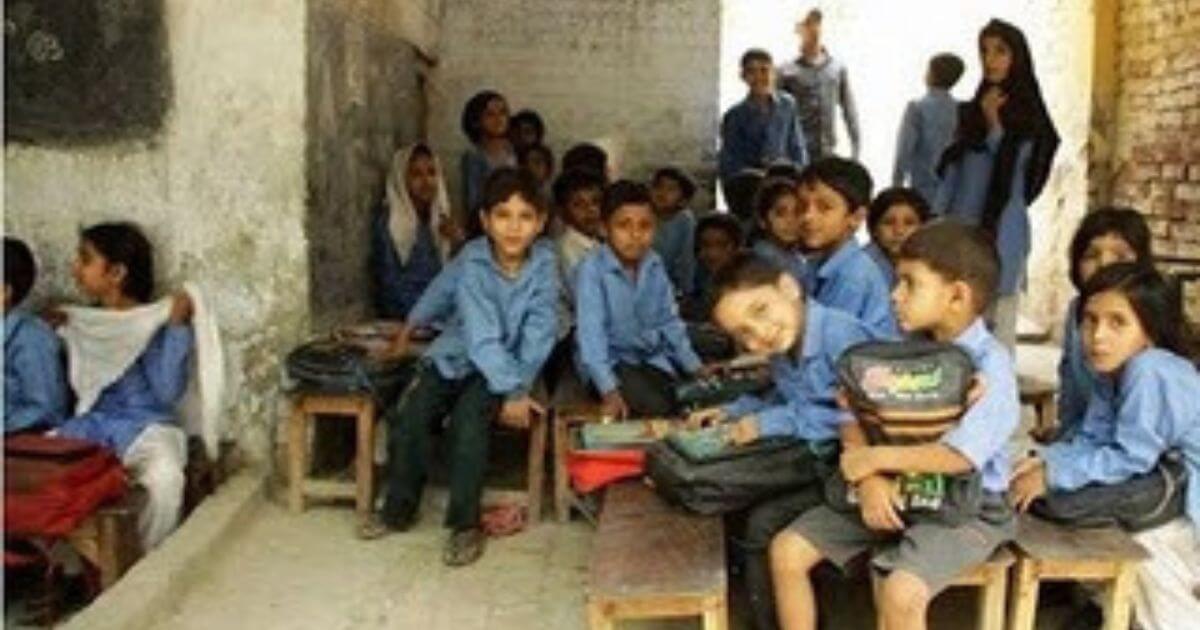Systematic Clash, education system’s poor quality
Meritocracy’s influence extends across various sectors, especially in education and government, resulting in disparities in achievements. Pakistan grapples with an education system of subpar quality, hampering merit-based assessments in schools and job placements.
The nation operates three concurrent education systems: public and non-elite private schools, elitist private institutions, and religious seminaries (madaris). Each system adheres to distinct curricula, teaching methodologies, and standards, creating complexities in assessing the credibility of education.
Elitist private schools, despite their steep fees, deliver internationally recognized education, while middle-class students attend private or public schools with fewer resources. Those unable to afford these options often turn to madaris for free education and financial support.
The 2009 National Education Policy identifies a commitment gap as a significant contributor to the low literacy rate and the inadequacy of skilled workers. Consequently, children from different educational systems lack a clear path forward.
The prevalence of nepotism and the scarcity of job opportunities in public offices prompt marginalized segments to pull their children out of school, leading to child labor and widening income disparities. This cycle, combined with unchecked corruption, fosters a sense of hopelessness and inertia.
These issues contribute to a surge in criminal activities, with educated yet unemployed youth resorting to violence. Regions like FATA, Balochistan, and Sindh bear the brunt, evident in the rise of banditry in Sindh’s Kacha region and terrorist activities by groups like TTP and BLA.
Despite governmental assertions, a mere 2% of the GDP is allocated to education, obstructing meaningful learning. Shifting the educational focus from memorization to nurturing creativity is essential, as the core of education lies in fostering the credibility and skills of the younger generation.
To avert chaos and internal discord, justice and merit-based job allocation are crucial. Without these reforms, Pakistan may require another 75 years to tackle poverty, unemployment, and injustice.

